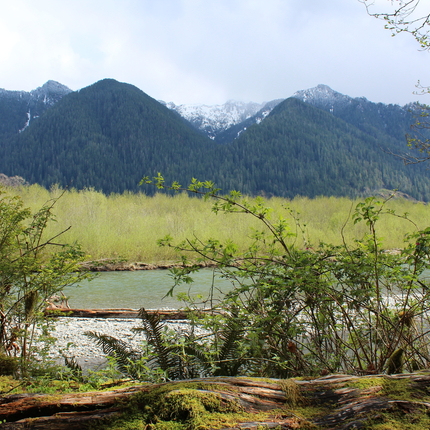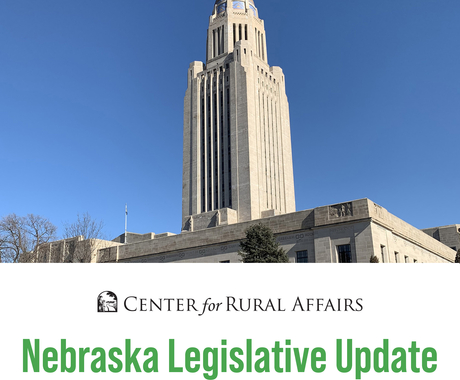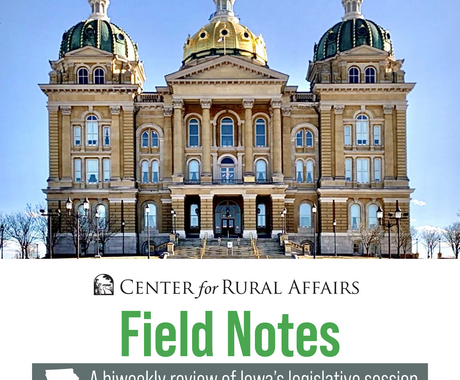By Stephanie Enloe, former staff member
Over 97 percent of climate scientists concur climate change is happening at an unprecedented rate, is driven in large part by human activity, and is already having catastrophic consequences for communities around the world.
Several years ago, I had the opportunity to spend about 18 months in Tanzania—a country in East Africa where about 80 percent of the population relies on farming as a primary occupation. One day I was relaxing in the lobby of a YWCA and struck up a conversation with a young Tanzanian man who came from a farm family in the nearby foothills of Mt. Kilimanjaro. He described how his community relies on annual snowmelt from the mountain to provide drinking water and to irrigate their crops. He also described how, year after year, the snowcap on Kili was shrinking and causing a corresponding decrease in food and water security. What would they do, I asked, when the snowcap disappeared altogether? I will not forget the look on his face as he responded, “we don’t know.”
That conversation was a gut punch that truly humanized the widespread effects climate change is already having on rural communities. It is evident rural Americans are feeling the pain of early-stage climate change, as well. Farmers recognize average temperatures are rising and our region is experiencing more frequent extreme precipitation events. These changes are the beginning of a trend toward a “new normal” that will reduce yields, endanger public health, and increase risk of erosion, flooding and drought. The bipartisan Risky Business Report provides projections on the high economic and human cost of these trends if we continue with business as usual.
But the future outlined under a “business as usual” scenario is not written in stone. Rural communities across the world are known for our innovative spirit, so we are well positioned to play a heroic role in the fight to slow global climate change. With a bit of creativity, we can do it in a way that also builds our communities.
Take renewable energy as an example. Rural communities can utilize renewables and energy efficiency to reduce emissions, but we can also use these technologies in a way that spurs local investment and job growth. Community solar, biodigesters and inclusive financing for energy efficiency are examples of local solutions. Iowa provides an inspiring case study for how wind energy can benefit rural areas while creating thousands of jobs and keeping energy costs low.
Rural Americans, and especially farmers, also have a unique opportunity to lead the way on carbon storage. Agricultural practices such as no-till, cover crops and incorporating perennial land cover build soil health and help store carbon in the soil. By improving soil organic matter, farmers can remove carbon from the atmosphere while increasing yields, improving infiltration, reducing erosion, and protecting water quality. These types of practices are win-win for farmers’ bottom line and the environment.
Across the country—and indeed the world - rural people pride ourselves on our strong work ethic, dedication to family and community, and innovative spirit. As we face the climate crisis, those values will be put to the test. We have an opportunity to go beyond “feeding the world,” and instead lead the world. I believe we are up to the challenge—will we accept it?




